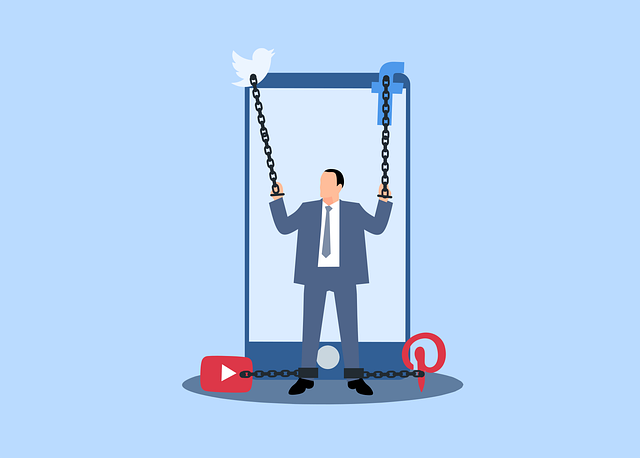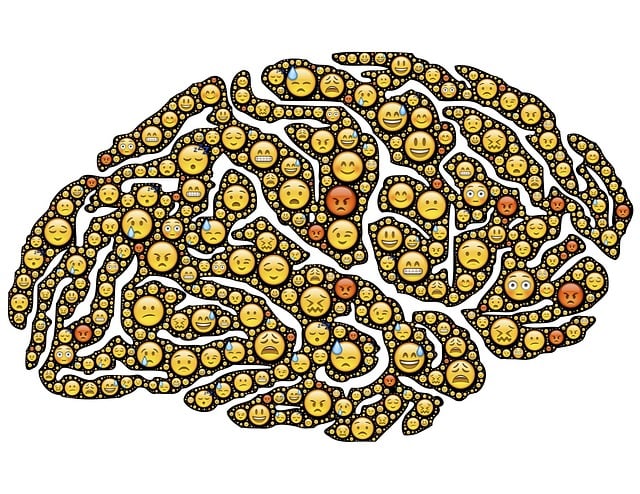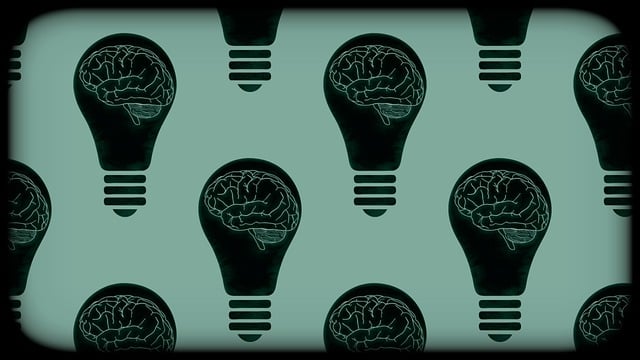Public awareness campaigns, led by organizations like Boulder Developmental Disability Therapy, play a pivotal role in fostering inclusivity and reducing stigma toward individuals with developmental disabilities. Through workshops, events, and diverse media, these campaigns educate communities, empower caregivers, and connect people. By challenging stereotypes and incorporating disabled individuals' perspectives, they promote understanding and acceptance. Measuring success through surveys, interactions, and feedback ensures these initiatives effectively transform society into a more compassionate and accessible space for all, including those served by Boulder Developmental Disability Therapy.
Public awareness campaigns play a pivotal role in shaping perceptions and fostering understanding, especially regarding developmental disabilities. This article explores strategies for creating impactful initiatives that empower communities and challenge stereotypes. From understanding the target audience to measuring success, we delve into effective practices, including inclusive design and advocacy techniques. Inspired by Boulder Developmental Disability Therapy’s approach, these guidelines aim to enhance public awareness and create a more inclusive society.
- Understanding Public Awareness: The Role of Campaigns in Empowering Communities
- Designing Inclusive and Effective Disability Awareness Programs
- Strategies for Engaging Target Audiences: From Education to Advocacy
- Measuring Impact: Evaluating the Success of Developmental Disability Campaigns
Understanding Public Awareness: The Role of Campaigns in Empowering Communities

Public awareness campaigns play a pivotal role in empowering communities, especially those with developmental disabilities like Boulder Developmental Disability Therapy. These initiatives focus on educating and engaging the public to foster an inclusive environment. By shedding light on various aspects of developmental disabilities, campaign organizers can reduce stigma and promote understanding. This, in turn, encourages support systems to develop, enabling individuals with these disabilities to lead fulfilling lives within their communities.
Through interactive platforms like Stress Management Workshops Organization and Mental Health Awareness events, communities can learn effective communication strategies (Communication Strategies). These workshops not only enhance the quality of life for those with developmental disabilities but also equip caregivers and bystanders with the tools to offer assistance in a meaningful way. The power of these campaigns lies in their ability to connect people, break down barriers, and create a network of support that is essential for community empowerment.
Designing Inclusive and Effective Disability Awareness Programs

Designing inclusive and effective disability awareness programs is a critical aspect of fostering understanding and acceptance in society. At Boulder Developmental Disability Therapy, we understand that creating meaningful engagement requires a nuanced approach. It involves not just educating the public but also encouraging empathy and breaking down stereotypes associated with disabilities. By incorporating diverse perspectives and involving people with disabilities themselves in the planning and execution, these programs can be truly transformative.
Such initiatives should focus on promoting mental health awareness and reducing stigma, especially when addressing mental illness within specific communities. Mental Illness Stigma Reduction Efforts play a pivotal role in creating an inclusive environment. Incorporating Stress Management Workshops Organization techniques tailored to diverse audiences ensures that everyone feels welcomed and supported. Through these efforts, we can move towards a more compassionate and accessible society where Mental Health Awareness is not just discussed but also practiced.
Strategies for Engaging Target Audiences: From Education to Advocacy

Public awareness campaigns are a powerful tool to educate and engage specific audiences, especially when it comes to sensitive topics like developmental disabilities. One effective strategy is to tailor content for different groups. For instance, creating resources aimed at both children and adults can foster an inclusive environment. The approach should focus on simplifying complex concepts, using accessible language, and incorporating visual aids to capture attention.
In the case of Boulder Developmental Disability Therapy, advocates could leverage various media formats, such as engaging videos and interactive online platforms, to reach a wide range of individuals. A Mental Wellness Podcast Series Production can further enhance accessibility by providing audio content for those who prefer listening. By combining education with advocacy, these campaigns encourage emotional healing processes and resilience building within targeted communities, ultimately fostering a deeper understanding and acceptance of developmental disabilities.
Measuring Impact: Evaluating the Success of Developmental Disability Campaigns

Measuring the impact of public awareness campaigns for developmental disabilities is crucial to evaluating their success and ensuring they achieve their intended goals. This process involves careful assessment of both the immediate outcomes and long-term effects on society’s understanding and acceptance of individuals with developmental disabilities. One effective method is tracking changes in attitudes and behaviors before and after the campaign through surveys, focus groups, or observational studies. By gauging public knowledge about coping skills development, emotional healing processes, and communication strategies, campaign organizers can determine if they have successfully challenged any misconceptions and fostered greater inclusivity.
Additionally, measuring impact may include assessing the reach and engagement of the campaign through metrics like website traffic, social media interactions, and event attendance. These data points provide insights into the campaign’s ability to capture public interest and encourage participation. Moreover, qualitative feedback from stakeholders, including individuals with developmental disabilities, their families, and care providers, offers valuable perspectives on the campaign’s effectiveness in promoting understanding and improving support services like Boulder Developmental Disability Therapy.
Public awareness campaigns play a pivotal role in fostering understanding and empowerment within communities, especially regarding developmental disabilities. By employing inclusive design principles, effective engagement strategies, and rigorous evaluation methods, initiatives like those offered by Boulder Developmental Disability Therapy can significantly impact societal attitudes and behaviors. Through education, advocacy, and measured success, these campaigns enable better support systems and improved quality of life for individuals with developmental disabilities, ultimately creating a more accepting and inclusive society.











